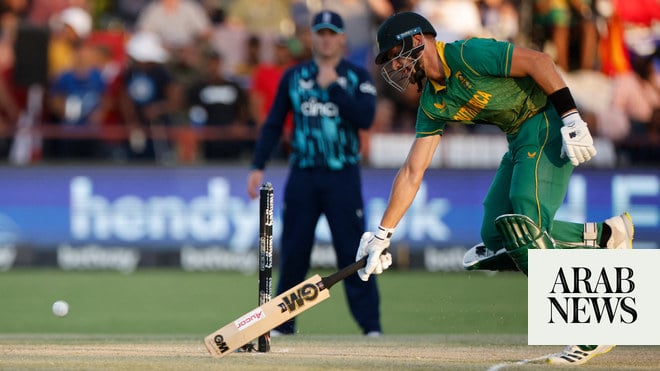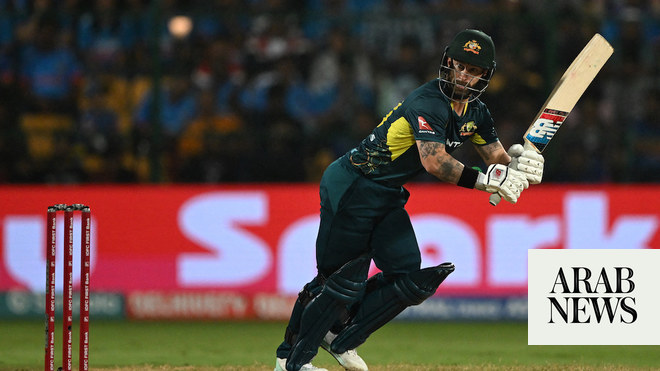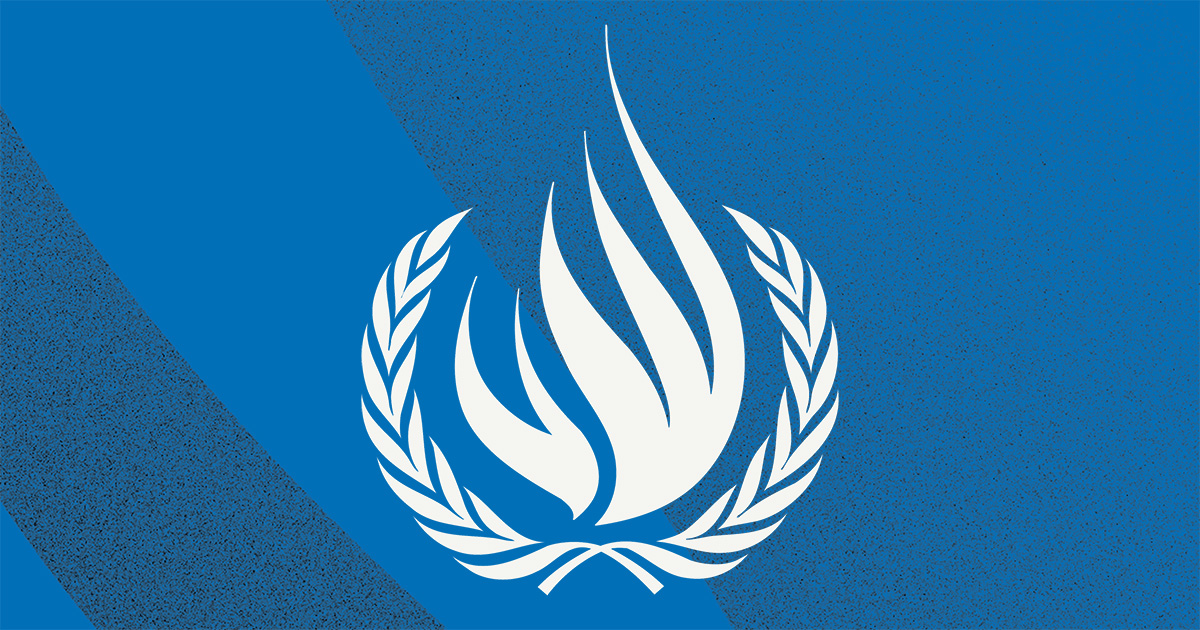
Lecture introduced in 2001 in honor of former England captain Colin Cowdrey has seen high-profile figures tackle gamesmanship, match fixing, cheating, equality, race, access, progressive changes, mental health
Expectations of behavior on a cricket field are enshrined within the concept of the spirit of the game. This has its roots in 19th-century Victorian Britain when cricket was used as a metaphor to express honesty and fairness.
The makers of the game’s laws sought to cleanse a previous era in which corruption, gambling, and spectator unruliness had been characteristic.
Almost 100 years later, concerns began to be expressed that the game might not be living up to its expressed values. These were fueled by a rise in the number of paid, professional players, international expansion of the game into diverse cultures, and the introduction of league cricket in southern England in the 1970s.
ad
Deep suspicion, especially among gentlemen amateurs of means, so-called Corinthians, abounded of league cricket’s win or lose mentality and attendant behaviors.
It is little surprise that two of England’s most Corinthian captains of the 1960s, Colin Cowdrey and Ted Dexter, should be instrumental in campaigning in the 1990s to integrate the spirit of cricket within the laws of the game. They wanted to re-emphasize that cricket should be played not only within its laws but in a good atmosphere where respect to captains, team-mates, match officials, teachers, coaches, and parents was central.
A preamble to the laws was introduced in 2000 and, after Cowdrey’s death later that year, an annual lecture was introduced in 2001 by the Marylebone Cricket Club, known as the MCC Spirit of Cricket Cowdrey Lecture.
Over the years, this has been delivered almost entirely by pre-eminent former cricketers, not a single woman among them. The male interpretation of the spirit of cricket concept has varied markedly, reflecting its nebulous nature. The emphasis on respect, on playing hard but fair, which the preamble sets out, can be equally applied to other sports. In seeking to explore the concept, one cerebral former England captain, Mike Brearley, who delivered the 2019 Cowdrey lecture, has even produced a book.
ad
The annual lecture provides a focal point for reflection on the state of the game by one person. Former player and legendary broadcaster, Richie Benaud, delivered the inaugural address. During his playing days, there was no television coverage, and the game was played hard and behavioral issues were dealt with out of sight. It is TV that has allowed the visual recording of all aspects of the game and revealed dubious practices.
In 2002, Barry Richards focused on how the game could be made sustainable in the 21st century, Clive Lloyd stressed in 2004 the need to create greater competition for the top three to four teams, while, in 2005, Geoffrey Boycott advocated day and night Test cricket in warmer countries.
Martin Crowe thought that Twenty 20 cricket would appeal to untapped markets in China and the US, Adam Gilchrist pressed for cricket’s inclusion as an Olympic sport, and Imran Khan was concerned in 2010 about the impact of money on standards within the game.
The first to introduce politics into the lecture was archbishop Desmond Tutu in 2008. His view was that the concept of togetherness and fair play, which underpinned cricket, had played a major role in persuading the supporters of apartheid to change their ways.
Politics and corruption also featured in Kumar Sangakkara’s address in 2011 in which he explained how Sri Lanka’s civil war had shaped his early years in which cricket provided a playground escape from nearby horrors. He and Tutu have been the only ones to have received a standing ovation after their lectures.
In 2012 and 2014, two controversial figures, in the shape of Tony Greig and Ian Botham, took aim at India. Grieg was of the view that the Board of Control for Cricket in India, through the Indian Premier League, needed to show much more of the spirit of cricket in exercising its financial and political power for the benefit of the whole game, while Botham simply called for the IPL to be scrapped, claiming it had become too powerful and was changing the priorities of world cricket.
More recent lectures have focused on gamesmanship, match fixing, cheating, equality, race, access, progressive changes, and mental health.
The extent to which the changing focus of chosen topic reflects the contemporary crises within the game is debatable, as is the strength of the mirror that is being held up to provide the opportunity for reflection. Have any policy decisions been made or changed because of a lecture’s content or message?
The IPL and BCCI continue to expand financially and politically at an increasing pace. Inward money remains a mantra. The chair of the Pakistan Cricket Board is set to propose a four-nation tournament involving India, Pakistan, Australia, and England with revenue to be shared throughout the game. Little evidence there of balancing money with already packed schedules, as recommended by Pakistan’s current leader in 2010.
It is the MCC, the institution that once ruled the world of cricket, which introduced and hosts the Cowdrey lecture. Power in the cricket world now lies largely in India, with support from Australia and England, in the International Cricket Council, TV and streamed media, and corporate sponsorship. Critics of the way that the game is governed and played abound, but they are fragmented. A rare platform for respected voice rests with the MCC, acting as a conscience for the game.
Yet, it still seems to be behind the curve of time, perhaps constrained by its past culture. Although two women joined the post-lecture panel in 2021, it is at odds that, so far, no Cowdrey lecture has been delivered by a woman.
Discussion of racial discrimination was raised in the 2021 lecture. The spirit of cricket’s focus on respect, on hard but fair play, is laudable but, in 2022, respect now has a broader purview.
Given the recent rapid growth of women’s cricket and exposure of systemic racism, is it not time that the formal spirit of cricket was updated to encompass them more explicitly? Cricket is no longer a game just for white men.












